The Federal Trade Commission (FTC) has charged The Bountiful Company, a health and wellness products company, with "review hijacking" on Amazon. This case represents the first time the FTC has taken legal action against "review hijacking" and highlights the importance of ethical practices on Amazon and the need for transparency in product reviews.
In this article, we will discuss the implications of this charge for The Bountiful Company, Amazon, and consumers. But first, let’s understand what the term ”review hijacking” means.
What Does “Review Hijacking” Mean?
Review hijacking is a practice where a company tries to interfere with their competitors' reviews on Amazon by suppressing negative reviews and promoting positive ones.
Why is The Company, Bountiful, Being Accused of Review HiJacking?
The FTC alleges that The Bountiful Company, which sells vitamins and supplements, used Amazon's review system to suppress negative reviews of its products and promote positive ones. Specifically, the company incentivized customers to leave positive reviews by offering them free products and asked customers who had negative experiences with its products to contact the company directly instead of leaving a negative review on Amazon.
Why is Review Hijacking a Violation of The FTC Act?
Review hijacking is a violation of the FTC Act because it constitutes an unfair or deceptive business practice. Such practices give companies an unfair advantage over their competitors which can deceive customers by making products appear more highly rated than they actually are.
The Bountiful Company is not the first company accused of review hijacking on Amazon. The e-commerce giant has been cracking down on this practice for several years. In 2016, Amazon filed a lawsuit against companies that were offering to write fake reviews for products on its site.
Since then, Amazon has implemented several measures to combat review fraud, including limiting the number of reviews a customer can leave on a product and removing reviews that violate its community guidelines.
What are the implications of the FTC's charge against The Bountiful Company?
The company could face fines and other penalties if found guilty of review hijacking. More importantly, the charge serves as a warning to other companies that engage in this practice. It also serves as a reminder to consumers to exercise caution while reading product reviews on e-commerce platforms like Amazon. While reviews can aid in making informed purchasing decisions, it is important to be skeptical and not solely rely on them.
How to Avoid Review Hijacking?
To avoid review hijacking, sellers should focus on building their brand reputation on Amazon over the long term rather than relying on short-term tactics like incentivizing customers for positive reviews. This includes delivering high-quality products and providing excellent customer service, which will lead to genuine positive reviews from satisfied customers.
As Amazon experts, we advise our clients to take a proactive approach to customer service and to prioritize transparency in their interactions with customers. This includes addressing customer complaints directly and proactively to ensure that they are happy with their purchases before leaving a review.
Final Thoughts
In conclusion, we believe that the FTC's charge against The Bountiful Company for review hijacking on Amazon is a reminder of the importance of ethical business practices on the platform. It is also a warning to those companies that engage in this practice, that they will be held accountable.
As an Amazon agency, we encourage sellers to focus on building their brand reputation on Amazon over the long term by delivering high-quality products and excellent customer service.

